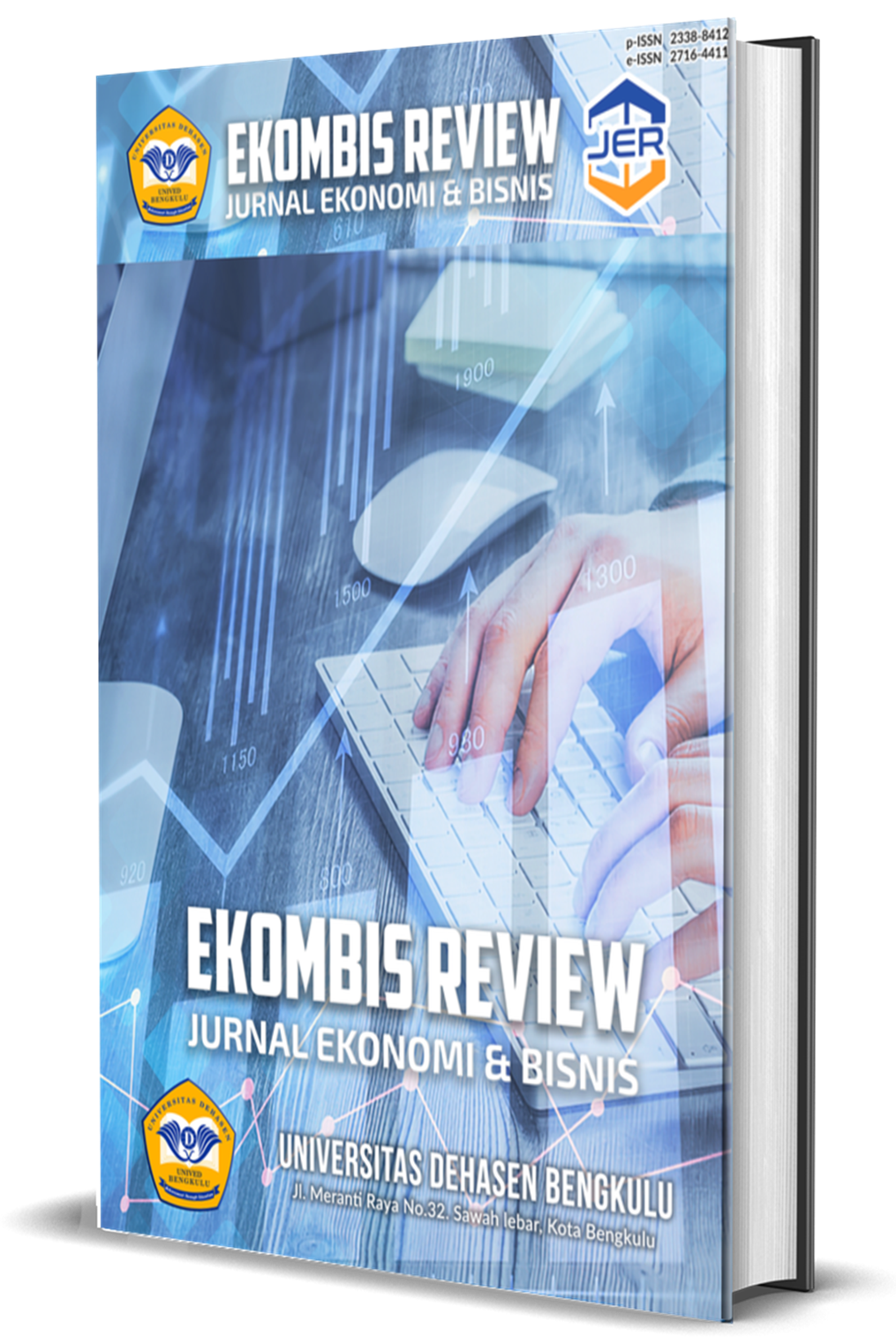Customer Satisfaction As A Bridge: The Impact Of Service Quality And Product Diversification On Loyalty
Abstract
This study aims to analyze the influence of product diversity and service quality on customer loyalty through customer satisfaction as an intervening variable in PT. Tirta Sakti Mandiri. The food and beverage (F&B) industry is a vital sector in the economy, offering significant market potential amid increasing competition. Customer loyalty is the key to success; However, the data shows a decline in loyalty due to inadequate product availability and service support. This study uses a quantitative method with the Structural Equation Modeling (SEM-PLS) approach to analyze the relationship between variables. Data was collected through a survey to customers of PT. Tirta Sakti Mandiri, including hotels, villas, cafes, and restaurants in Bali. The results of the study show that product diversity and service quality have a positive and significant influence on customer satisfaction, which in turn increases customer loyalty. Customer satisfaction serves as a mediating variable in the relationship between product diversity and service quality to customer loyalty. This study provides managerial implications for PT. Tirta Sakti Mandiri to increase product diversity and service quality to maintain customer loyalty. With the right strategy, companies can build a sustainable competitive advantage.
Downloads
Copyright (c) 2025 Nyoman Indra Wiratama, Made Setini, Putu Ngurah Suyatna Yasa

This work is licensed under a Creative Commons Attribution-ShareAlike 4.0 International License.
An author who publishes in the EKOMBIS REVIEW: Jurnal Ilmiah Ekonomi dan Bisnis agrees to the following terms:
Author retains the copyright and grants the journal the right of first publication of the work simultaneously licensed under the Creative Commons Attribution-ShareAlike 4.0 License that allows others to share the work with an acknowledgement of the work's authorship and initial publication in this journal
Submission of a manuscript implies that the submitted work has not been published before (except as part of a thesis or report, or abstract); that it is not under consideration for publication elsewhere; that its publication has been approved by all co-authors. If and when the manuscript is accepted for publication, the author(s) still hold the copyright and retain publishing rights without restrictions. For the new invention, authors are suggested to manage its patent before published. The license type is CC-BY-SA 4.0.
EKOMBIS REVIEW: Jurnal Ilmiah Ekonomi dan Bisnis is licensed under a Creative Commons Attribution-ShareAlike 4.0 International License.














